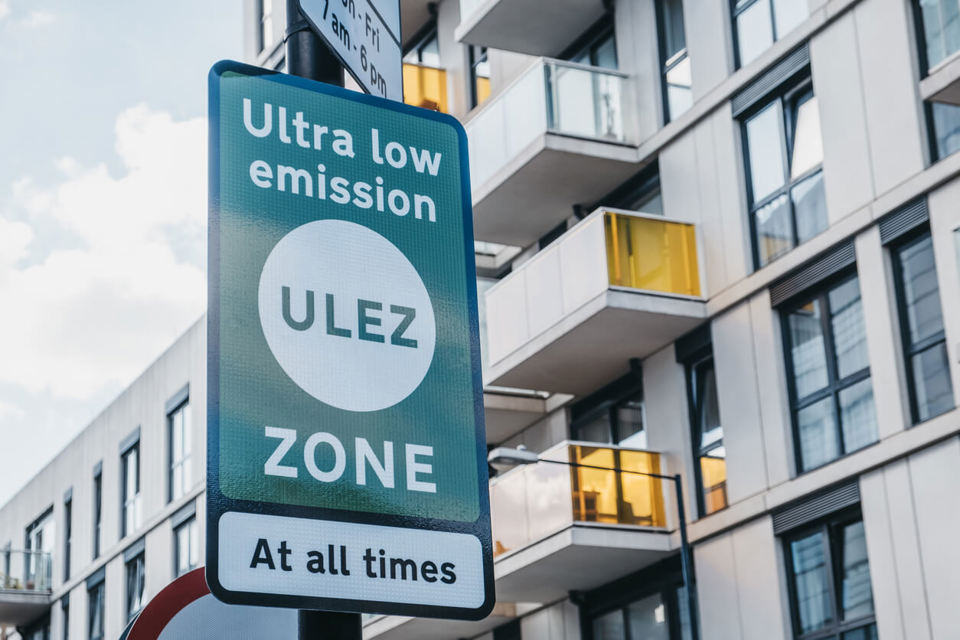Transport for London (TfL) has begun installing more than 300 ultra-low emission zone (ULEZ) warning signs across central London ahead of the zone’s introduction on April 8, 2019.
The signs, which are being installed at the same locations as existing congestion charge signs, warn drivers at all entry points to the zone, and on a number of key approach routes, to ensure their vehicle meets the new emission standards.
To discourage the use of the most polluting vehicles, drivers travelling within the zone and using non-compliant vehicles, will need to pay a daily ULEZ charge of £12.50, 24 hours a day, 365 days a year. These include:
•Motorbikes that do not meet Euro 3 standards (roughly the equivalent of not being more than 12 years old in 2019).
•Petrol cars and vans that do not meet Euro 4 standards (roughly the equivalent of not being more than 13 years old in 2019).
•Diesel cars and vans that do not meet Euro 6 standards (roughly the equivalent of not being more than four years old in 2019).
•Buses, coaches and lorries will need to meet or exceed the Euro VI standard or pay £100 a day.
TfL has been running a communications campaign since the spring to prepare drivers for the ULEZ. It has sent more than 2.5 million emails and contacted registered congestion charge users whose vehicles do not meet the ULEZ standards.
It is also contacting other vehicle owners it has dentified in central London whose vehicles are not currently compliant.
Nick Fairholme, director of project and programme delivery at TfL, said: “We are committed to tackling the public health crisis that is London’s toxic air. It affects all Londoners, causing 9000 premature deaths every year and reducing the quality of life for thousands more.
“We’re working hard to prepare Londoners for the ULEZ and to encourage them to opt for vehicles that emit fewer pollutants or walk, cycle or use public transport."
While many company car fleets will be unaffected by the ULEZ, commercial vehicle operators, which run longer vehicle replacement cycles, are impacted and major businesses have been taking steps to prepare for the zone's introduction. Hermes, for example, has upgraded its fleet.
Martijn de Lange, CEO of Hermes UK, said: “We’re proud of our strides forward in sustainability as we become the first parcel carrier to invest in bio fuels for our fleet. This, plus the additional investment in our electric vehicles, will not only support our clients in achieving their sustainability goals, but also ultimately benefit people across the UK as we all look to reduce our carbon footprint.
“As a parcel carrier delivering within central London, we are committed to helping improve air quality in the capital and have already upgraded our fleet in advance of the ULEZ to tackle this important health issue.”



















Login to comment
Comments
No comments have been made yet.